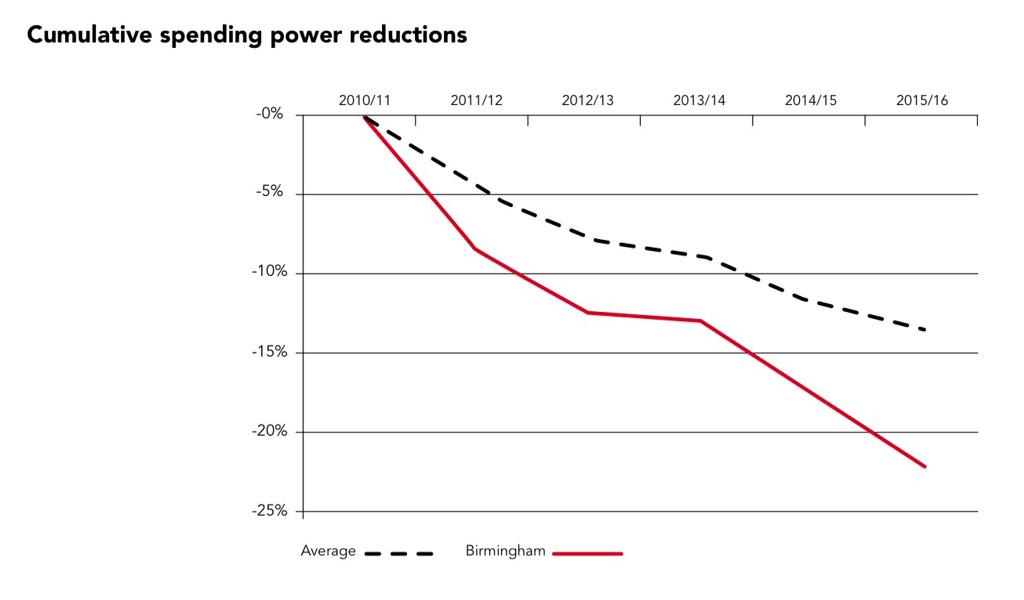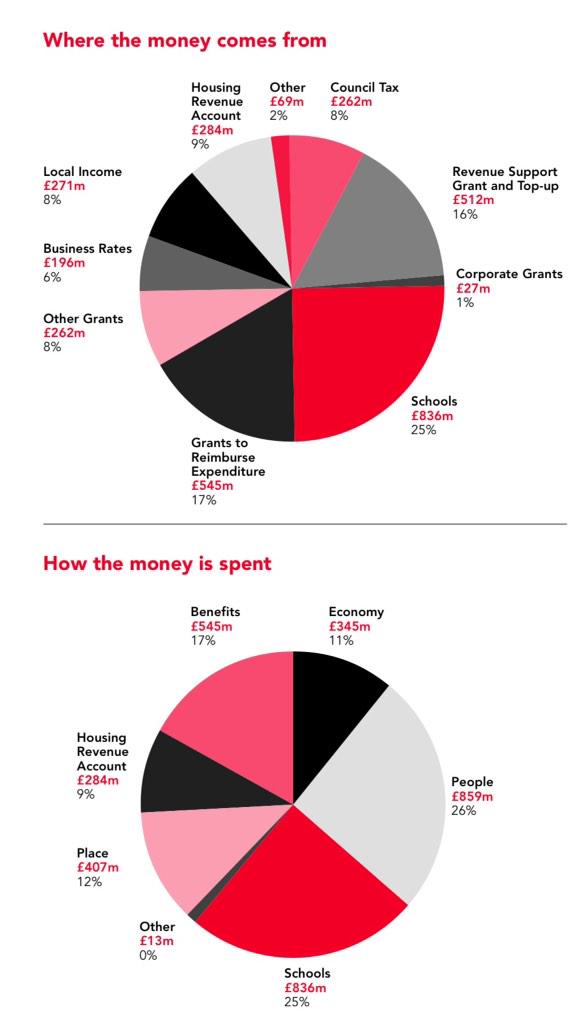
1. First past the post
Under First Past The Post (FPTP) voting takes place in single-member constituencies. Voters put a cross in a box next to their favoured candidate and the candidate with the most votes in the constituency wins. All other votes count for nothing. - See more at: http://www.electoral-reform.org.uk/first-past-the-post/
People don't vote for who they want to win, but who the least bad candidate with the (maybe?) best chance of winning. Tactical voting gives politicians a false impression about what the electorate want, and is open to abuse by political parties speculating who has the best or worst chance of winning (rather than discussion on issues and policies).
There really are a lot of tried and tested fairer systems which we could be adopting.
2. The House of lords
At 11 June 2012 there were 775 peers able to sit on the House of Lords, and until 2005 the Conservatives always were the largest party group. By gender there is one woman to four men, and the median age was 69 years old in 2012. For more see - http://www.parliament.uk/briefing-papers/SN03900.pdf
Electoral reform has been talked about for 100 years - a number of attempts having failed, even though the vast majority of British people have consistently demanded it (recent Polls suggest 79%)
3. Gagging law/ Lobbying
4. Public schools, masonic lodges, gentlemen's clubs
Grand Secretary Brown is looking to 2017, the tercentenary of the United Grand Lodge of England as, ' the natural culmination of the open public relations strategy we have embraced', he is also keen to keep some information withheld - 'Keeping a bit of mystery is good news. If people joining know absolutely everything, where would the excitement be?"
It is apparently possible to be a woman and a freemason (there are separate lodges for women), but all this is rather hard to test as my brief search suggests it is hard to find out if an individual belongs to a lodge. Likewise, it's hard to test the influence of lodges or other clubs, but I suspect Eton College and ex-Bullingdon Club members in Government (see Daily Mail Photo) is an indication of increases in influence more generally.
5. Politicians Lie
So, what about voter apathy? Well, in recent surveys it turns out non-voters 'share many of the same concerns', but are less likely to trust politicians to tell the truth, but not by a large margin. 'Voter Apathy' is very much with us, and so is the solution - a fairer, more transparent political system which properly holds our politicians to account. So why aren't our politicians making the changes we deserve?



